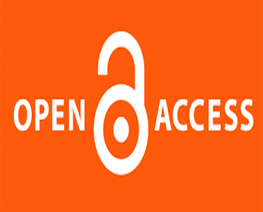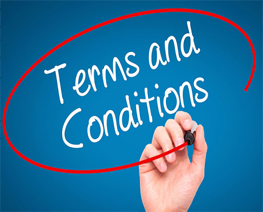Copyright Policy
AnaPub Publications Author Rights and Copyright Policy
For open access publishing, this journal uses an exclusive licensing agreement. Authors will retain copyright but license exclusive rights in their article to AnaPub Publications. Authors publishing with AnaPub Publications retain the copyright of their work under the Creative Commons Attribution License (CC-BY). Authors have the right to share their article in the same ways permitted to third parties under the relevant user license, as well as certain scholarly usage rights.
AnaPub Publications Author Rights and Copyright Policy
Public trust in the peer review process and the credibility of published articles depend in part on how well conflict of interest is handled during writing, peer review, and editorial decision making. Conflict of interest exists when an author (or the author's institution), reviewer, or editor has financial or personal relationships that inappropriately influence (bias) his or her actions (such relationships are also known as dual commitments, competing interests, or competing loyalties). These relationships vary from those with negligible potential to those with great potential to influence judgment, and not all relationships represent true conflict of interest. The potential for conflict of interest can exist whether an individual believes that the relationship affects his or her scientific judgment. Financial relationships (such as employment, consultancies, stock ownership, honoraria, paid expert testimony) are the most easily identifiable conflicts of interest and the most likely to undermine the credibility of the journal, the authors, and of science itself. However, conflicts can occur for other reasons, such as personal relationships, academic competition, and intellectual passion.
AnaPub Publications Policy on Human and Animal Rights
When reporting experiments on human subjects, authors should indicate whether the procedures followed were in accordance with the ethical standards of the responsible committee on human experimentation (institutional and national) and with the Helsinki Declaration of 1975, as revised in 2000 (5). If doubt exists whether the research was conducted in accordance with the Helsinki Declaration, the authors must explain the rationale for their approach, and demonstrate that the institutional review body explicitly approved the doubtful aspects of the study. When reporting experiments on animals, authors should be asked to indicate whether the institutional and national guide for the care and use of laboratory animals was followed.
 AnaTechMaz
AnaTechMaz 





